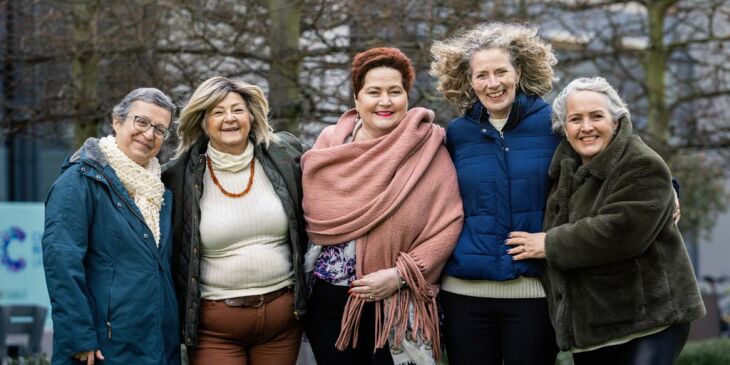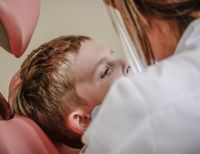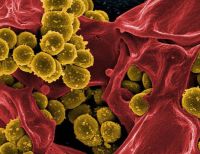“The diagnosis date is etched in my brain: 5th October 2018. There was that moment when the waiting room emptied and I said to my husband ‘This isn’t right, something’s wrong’.”
Despite having no obvious symptoms and feeling well, Melanie was diagnosed with ovarian cancer. As with other women diagnosed with this rare but potentially devastating cancer, she was about to embark on a journey that would involve multiple investigations including tumour biopsies and imaging, as well as chemotherapy and other treatments.
“It was a frightening time but my husband and daughters have provided the most amazing support. We’ll put on our positivity playlist and we’ll dance around the kitchen, and my girls will say, right mum, we’re going to get through this.”
During her care at Cambridge, Melanie was invited to collaborate with researchers as part of the Ovarian Cancer Research Programme at the Cancer Research UK (CRUK) Cambridge Centre. She’s now a member of a patient group that provides advice and input into research and clinical trials at Cambridge to improve outcomes for her and for other women similarly affected.
Fellow member Fiona says: “Everybody who’s joined the patient group wants to help with the research and wants to help future patients, because ultimately most of us will not be around to actually get any benefit from it.”
















